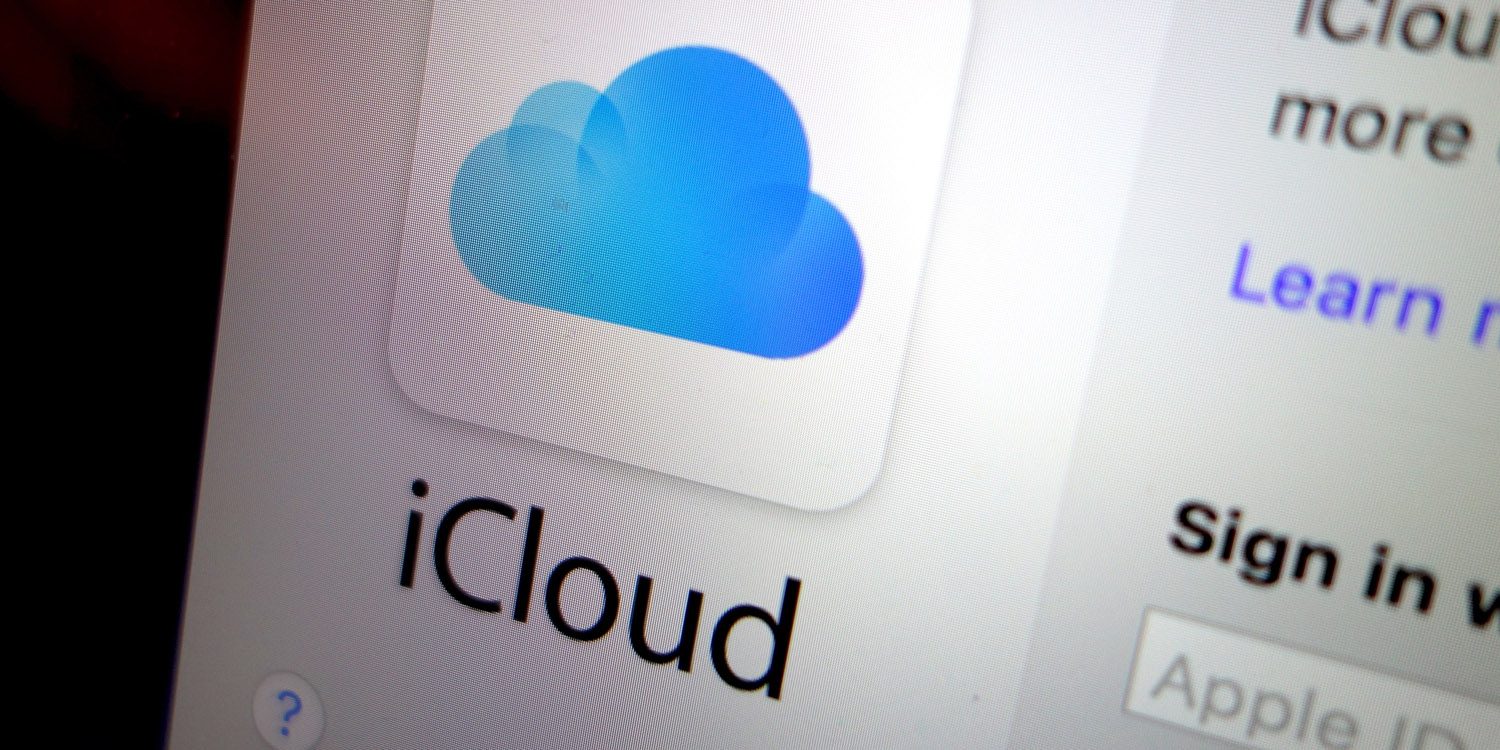iCloud has over 850 million users. Whether you have a MacBook, iPhone, or iPad, chances are you use Apple’s robust cloud technology. With iCloud, you can sync your apps, photos, music, and other files to the cloud. So, if you spill coffee on your laptop or lose your phone in the park, you can get your data back in no time.
But because iCloud is so popular, it’s a frequent target of hackers. You may remember the massive iCloud hack of 2014 when hackers leaked thousands of photos from celebrity accounts. Nowadays, hackers and scammers still find countless other ways of breaking into accounts and stealing data. So, it’s vital to know how to keep your iCloud data safe and protect yourself. This guide will help with that.

1. Create a Strong Password
Your Apple ID is also your iCloud login. Think about how much you have at stake here. Your Apple ID has your payment information, addresses, purchase history, and more. Meanwhile, your iCloud stores your files, your device location, connected apps, and other essential data. You must keep this password secure.
Apple requires you to set at least an 8-character password, including numbers and special characters. It’s a somewhat secure thing to do, but you should go further. Aim for a 15-character password with a mixture of special characters and upper/lowercase letters too.
Only use this password for Apple, and be sure to change it every 60-90 days. If you have trouble remembering it, use a password manager to store it.
2. Enable Two-Factor Authentication
Not only should you use two-factor authentication (2FA) for your iCloud, but also all your online accounts. Apple’s version of 2FA is even more secure because it confirms identity through one of your other trusted devices.
Apple will then send a verification code along with location information to your phone. You can set it up anytime under the Password & Security settings on your iPhone and other Apple devices.
It’s a good idea to set up your security questions before you enable two-factor authentication. It gives you an added layer of protection in case you’re locked out of your account for some reason and can’t use one of your trusted devices.
3. Secure Your Files With Encryption
When it comes to cybersecurity, encryption is the name of the game. Encryption works by converting your data into a string of code. The only way to view the data is with a password. Combined with a secure password, nobody but you can access your iCloud data.
You can download NordLocker for Mac to encrypt your files. It takes only a couple of clicks and one password. Once you encrypt the data, you can upload it to iCloud. It’s that easy. And even more so secure. If someone does manage to hack into your iCloud, they won’t be able to get their hands on your files.
4. Sign Out of Devices When Not in Use
Apple is often careless when it comes to iCloud security. If you log into iCloud on any computer or device, it will stay logged in until you sign out. Thus, if you checked your iCloud on a library computer and forgot to sign out, it will stay that way. It leaves your data vulnerable.
Make sure to always log out of iCloud anytime you use a public/another person’s device. You can also use iCloud settings to keep track of where you are signed in. Check it often to make sure you are only logged into your devices.
5. Backup Data Locally
Backups are the key to internet security. It’s important to always back up both to the cloud and a local storage device. It ensures you still have access to your files regardless of whether iCloud gets hacked or you lose your internet connection.
Local backups give you much more security and convenience. Since they’re not connected to the internet most of the time, they’re safer. And combined with file encryption technology, they can be double safe. Finally, it’s a good idea to avoid storing sensitive information on the cloud. For all you know, some vindictive Apple employees may try to access or expose it. Thus, a local backup can be a safer option.
Conclusion
Cybersecurity threats are on the rise. By 2024, cybercrimes will cost victims $6 trillion per year. And one of the biggest targets is cloud computing.
Thus, it’s time to take security into your own hands. Secure your iCloud files with impenetrable authentication, strong encryption, and always available backups.

![How To Hide Apps on iPhone [Secret Method] – 2024 Guide How To Hide Apps on iPhone [Secret Method] – 2024 Guide](https://www.digitalcare.top/wp-content/uploads/2018/02/hide-211x150.jpg)

